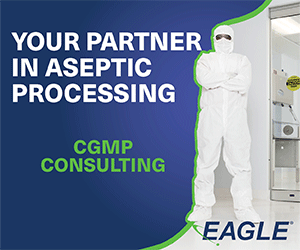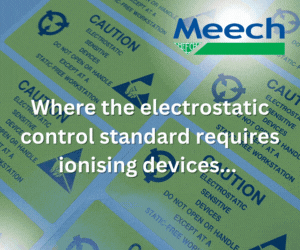The recent deaths of three infants at a neonatal unit in a Belfast Hospital bring into sharp relief the importance of contamination control in hospitals and particularly special units housing those with low immunity. The culprit was, in this instance, rapidly identified as a strain of Pseudomonas, which was subsequently found in the neonatal unit’s taps.
Replacing the taps has removed the problem but monitoring is ongoing and only sterile water is being used for the direct care of patients.
Regular maintenance of hospital water systems is crucial. The UK Department of Health has also issued updated advice for augmented care units. It has reminded those people responsible for water of the need to carry out regular risk assessments to establish whether water that may have patient contact (e.g. for hand washing, patients’ personal hygiene, and/or maintaining equipment that has patient contact) is contaminated with Pseudomonas aeruginosa, and to minimise any risks that are identified.
This organism exists harmlessly in 10% of adults. But in premature babies it can be deadly, stated retired microbiologist, Sir Hugh Pennington, in the Belfast Telegraph. He went on to say that the crucial tool in working out the cause of death was bacterial fingerprinting.
New and more rapid fingerprinting technologies are preventing patient deaths by enabling hospitals to react more quickly with the right antibiotics. And while hospitals are unlikely to become cleanrooms, environmental monitoring best practice techniques can and are being shared to good effect.




